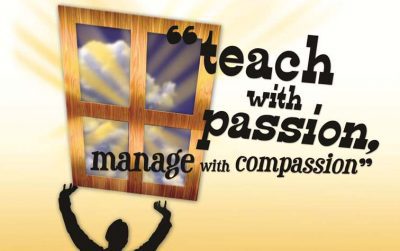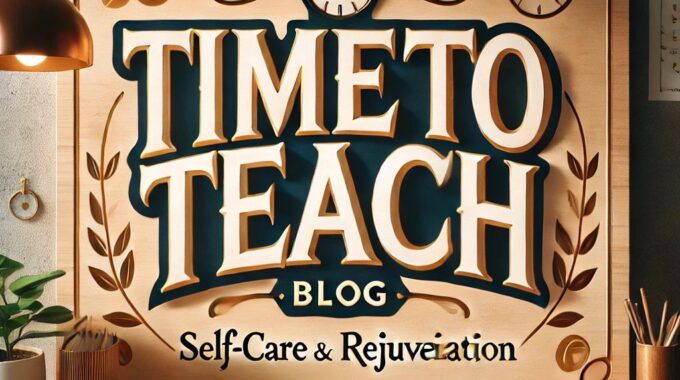As we turn the corner into spring, it’s the perfect time to refresh our teaching…
8 questions that help get at deeper thinking and learning
We believe in thanking our sources! This post was sourced from the following blog/website: http://feedproxy.google.com/~r/dangerouslyirrelevant/~3/cODV_tYY-lM/8-questions-that-help-get-at-deeper-thinking-and-learning.html
The following is a new blog post related to education and teaching and relevant to our website visitors. The blog post is not based on the opinions or values of our company but is related to education and teaching, so we wanted to share it with YOU! If you ever have any questions please let us know. Now… on to the post!
 If your goal for a lesson, unit, or other instructional activity is to drive deeper student thinking and learning, consider these 8 questions from Section A of the 4 Shifts Protocol. If you like your answers, awesome! Keep doing that! If you’re not where you want to be yet, pick a couple of questions and select your desired answers instead (e.g., Yes instead of No or Somewhat). Then do a redesign pivot: How could you redesign the student learning experience to get to your desired answers? Brainstorm with some colleagues or a coach about how to shift the two questions you picked toward deeper thinking and learning. Then go do that instead to get closer to your goal!
If your goal for a lesson, unit, or other instructional activity is to drive deeper student thinking and learning, consider these 8 questions from Section A of the 4 Shifts Protocol. If you like your answers, awesome! Keep doing that! If you’re not where you want to be yet, pick a couple of questions and select your desired answers instead (e.g., Yes instead of No or Somewhat). Then do a redesign pivot: How could you redesign the student learning experience to get to your desired answers? Brainstorm with some colleagues or a coach about how to shift the two questions you picked toward deeper thinking and learning. Then go do that instead to get closer to your goal!
A. Deeper Thinking and Learning
- Domain Knowledge. Is student work deeply rooted in discipline-specific and -relevant knowledge, skills, and dispositions?
- Yes / No / Somewhat
- Deeper Learning. If yes, is student work focused around big, important themes and concepts that are central to the discipline rather than isolated topics, trivia, or minutiae? [Do student learning activities and assessments go beyond low-level facts and procedures? Are students just regurgitating syntheses and analyses provided by an information source or the teacher?]
- Yes / No / Somewhat
- Critical Thinking. Do learning activities and assessments allow students to engage in deep critical thinking and analysis?
- Yes / No / Somewhat
- Problem Solving. Do learning activities and assessments allow students to engage in complex and messy (not simple) problem solving?
- Yes / No / Somewhat
- Creativity. Do students have the opportunity to design, create, make, or otherwise add value that is unique to them?
- Yes / No / Somewhat
- Metacognition. Do students have the opportunity to reflect on their planning, thinking, work, and/or progress?
- Yes / No / Somewhat
- If yes, can students identify what they’re learning, not just what they’re doing?
- Yes / No / Somewhat
- Assessment Alignment. Are all assessments aligned cognitively with standards, learning goals, instruction, and learning activities? [Standards and learning goals drive everything, including depth of student thinking and the necessary accompanying assessments. Assessments should be aligned to the cognitive complexity asked of students.]
- Yes / No / Somewhat
The 4 Shifts Protocol is a fairly new resource that helps teachers, principals, and instructional / technology coaches shift student experiences toward deeper learning, greater student agency, more authentic work, and rich technology infusion. The protocol provides some fairly concrete ‘look fors’ and ‘think abouts’ and can be used as both a diagnostic and a redesign tool. For best results, focus on claims and evidence. That is, if we say something is there (e.g., complex, messy problem solving), we should be able to point to it and say, ‘Yes, it’s right there and it’s awesome!’
So far the 4 Shifts Protocol is proving to be a nice complement to SAMR, TPACK, Triple E, PBL, UbD, and other instructional frameworks. And many educators are using these smaller shifts in existing lessons and units to build the capacity of themselves and their students to do more complex project- and inquiry-based work. The protocol is free and licensed under a Creative Commons Attribution-Share Alike International copyright license, so use and modify it as desired!
Let me know what questions you have. Hope the protocol is useful to you!
See also
- 8 questions that help get at authentic, real world work
- 9 questions that help get at student agency and personalization
- 12 questions that help get at robust technology infusion
Time To Teach reviews each blog post by our contributors but if you feel this is a blog post better suited for another page please let us know.
Teachers and Educators are our heroes. We want to thank you for the work you do!
Yours In Education!
Time To Teach


Comments (0)